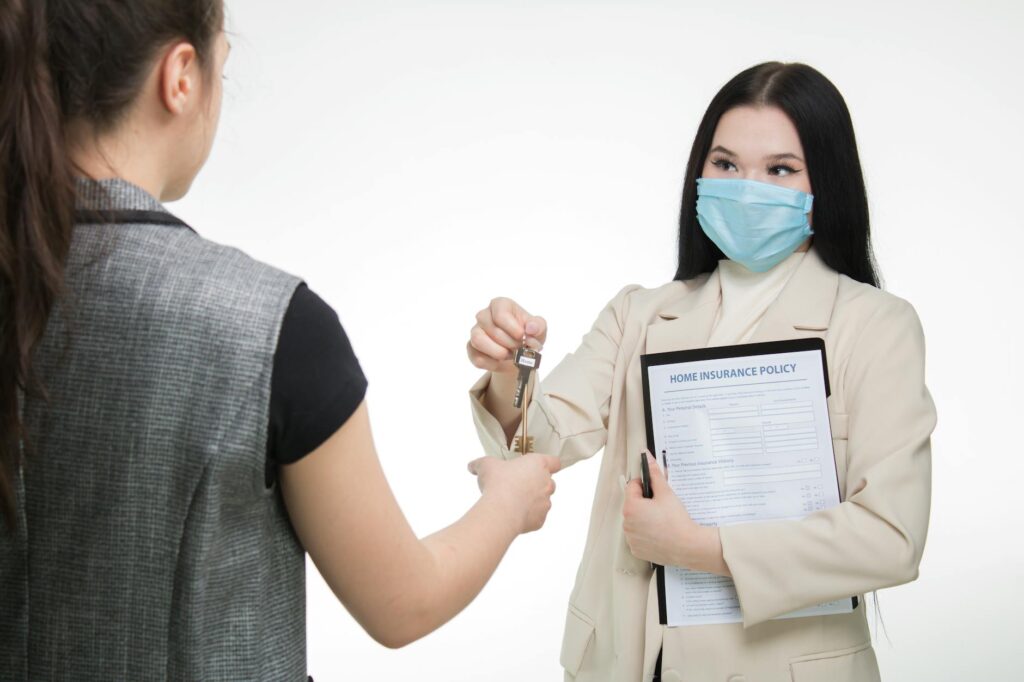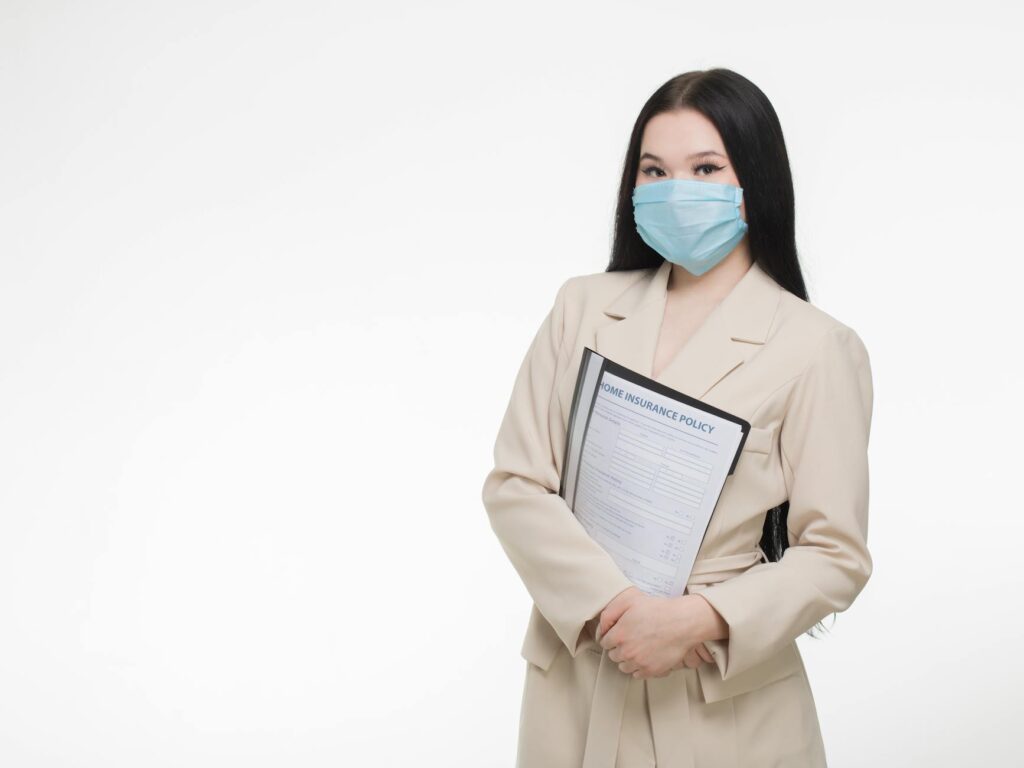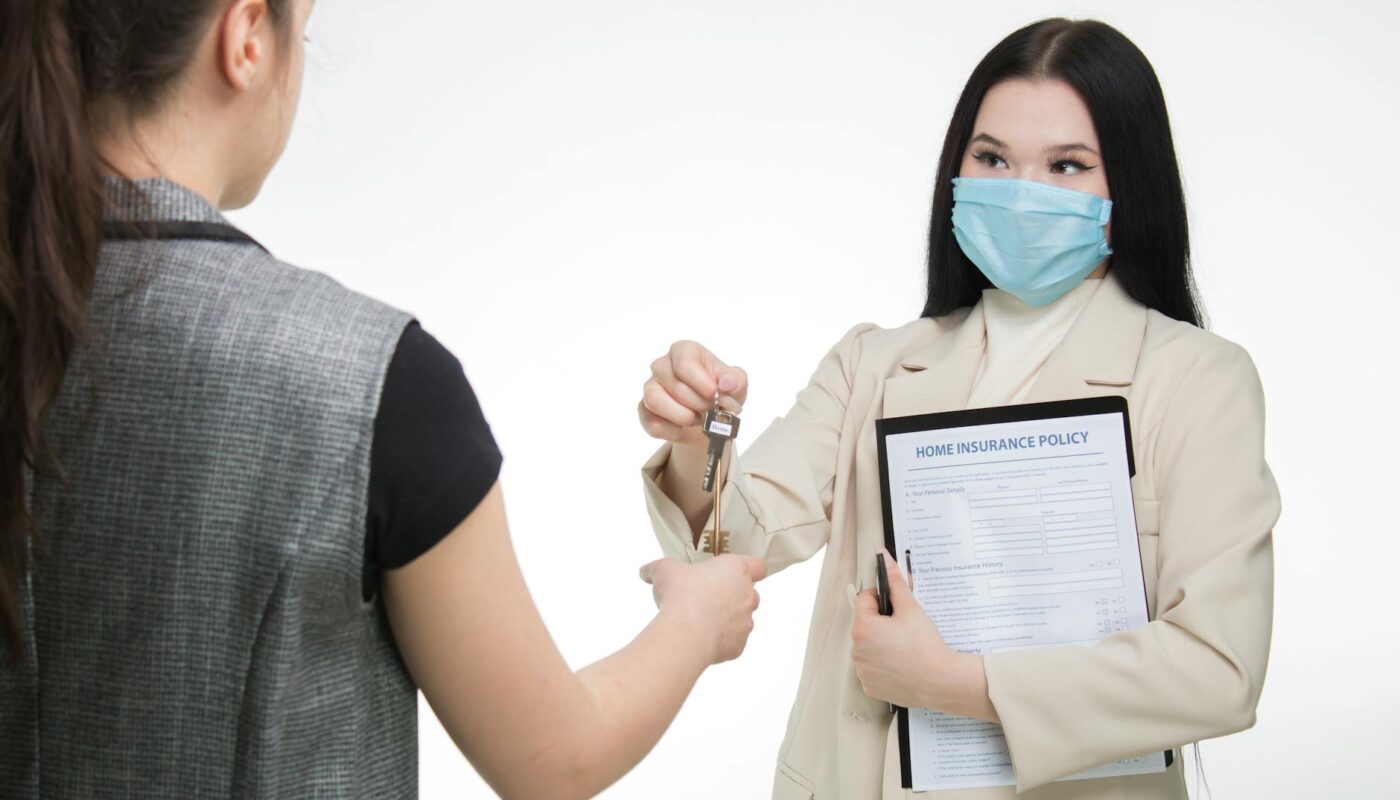The COVID-19 pandemic dramatically altered the travel landscape, leaving many travelers questioning the adequacy of their travel insurance policies. Understanding your coverage during and after the pandemic is crucial for protecting yourself financially and ensuring peace of mind.
What Travel Insurance Covered During the Pandemic’s Height
Initially, many standard travel insurance policies offered limited coverage for pandemic-related disruptions. Cancellation due to a government-imposed lockdown or a positive COVID-19 test might not have been included. However, some policies offered specific COVID-19 add-ons or endorsements for an additional fee. It was vital to carefully review the fine print of your policy and any add-ons to know exactly what was covered. 
Changes in Travel Insurance Policies Post-Pandemic
As the pandemic evolved, so did travel insurance policies. Many insurers adapted their offerings to include more comprehensive coverage for COVID-19-related issues. This often included coverage for trip cancellations, medical expenses related to COVID-19, and even quarantine costs. However, the extent of coverage varied significantly between insurers and policy types. It’s crucial to compare policies carefully before purchasing.
What to Look for in a COVID-Era Travel Insurance Policy
When choosing travel insurance today, look beyond basic coverage. Ensure your policy includes explicit coverage for COVID-19-related cancellations and disruptions. Check if medical expenses related to COVID-19, including testing and treatment, are covered, as well as emergency medical evacuation. This resource can help you understand policy details better. Consider also the level of coverage for trip interruptions and whether it includes quarantine costs. 
Understanding Exclusions and Limitations
Even the most comprehensive travel insurance policies have limitations. Be aware of any exclusions related to pre-existing conditions, high-risk activities, or government advisories. Many policies may not cover situations where you choose to cancel a trip due to personal fear of contracting COVID-19, unless that fear is directly tied to specific medical advice from a physician. Carefully read the policy’s detailed terms and conditions. For further clarity, refer to this helpful guide on interpreting policy wording.
Tips for Choosing the Right Policy
Choosing the right travel insurance is essential. Consider the length of your trip, your destination, and your personal risk tolerance when comparing options. Don’t hesitate to contact the insurer directly to clarify any ambiguities in the policy wording. Reading online reviews from other travelers can be helpful, but always verify the information directly with the insurance provider. This website provides an independent comparison service. [IMAGE_3_HERE]
Conclusion
Navigating travel insurance in the post-pandemic world requires careful consideration and a thorough understanding of your policy’s terms. By understanding the coverage offered and any limitations, you can make an informed decision that protects your travel investment and provides peace of mind.
Frequently Asked Questions
What if I test positive for COVID-19 while traveling? Most policies now cover medical expenses related to COVID-19, but coverage for trip interruptions due to a positive test will vary depending on the specific policy.
Does my travel insurance cover cancellation due to a new COVID-19 variant? This depends entirely on your policy and the specific circumstances. Check if the variant causes a government-mandated travel restriction or lockdown impacting your trip.
What if my destination country imposes new COVID-19 restrictions after I’ve booked my trip? Some policies cover trip cancellations or changes due to new government-imposed travel restrictions, while others might not. Again, this is detailed in your policy wording.
Can I get a refund if I cancel my trip due to fear of COVID-19? Generally, standard travel insurance doesn’t cover cancellations based solely on fear of contracting COVID-19, unless such fear is substantiated by a doctor’s note and approved by the insurance company.
My pre-existing condition was worsened by COVID-19. Am I covered? Check your policy’s specific clauses regarding pre-existing conditions. Depending on the specifics of your policy, there might be limitations or exclusions that apply.



